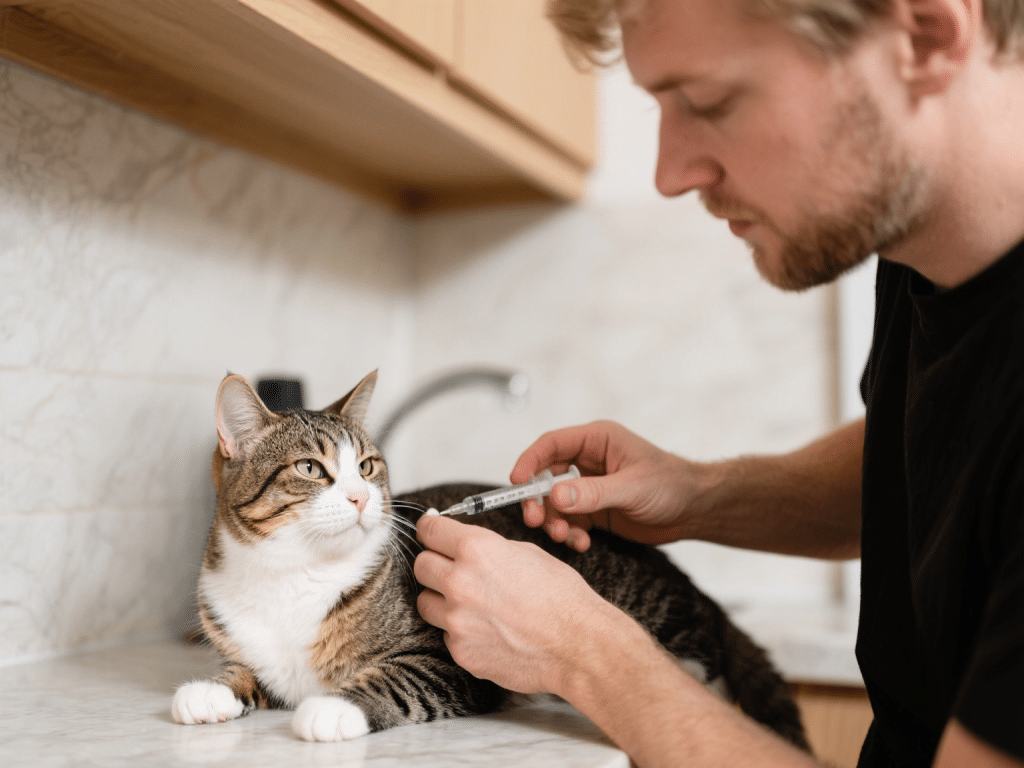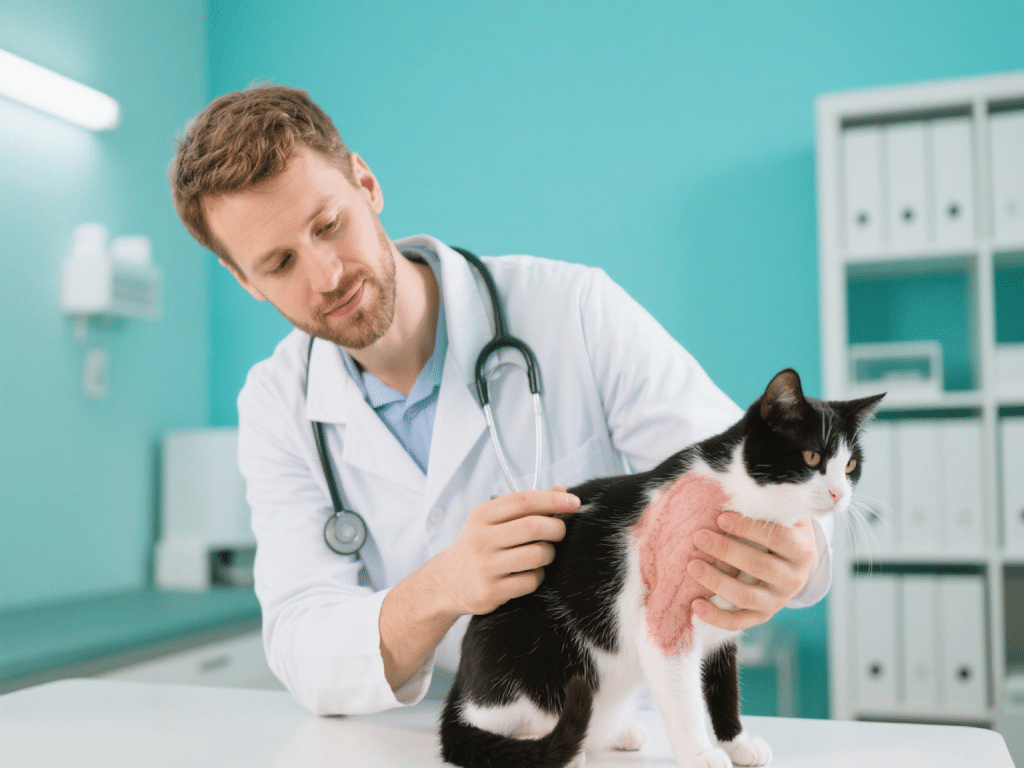Recognizing and Treating Ear Infections in Rabbits

Ear infections (otitis) are common in domestic rabbits, especially lop-eared breeds where canal airflow is reduced. Left untreated, otitis can lead to head tilt, loss of balance, and even severe neurological issues. As a licensed exotic animal veterinarian, I’ve treated hundreds of rabbit ear cases. This guide covers early detection, at-home care, and professional treatment protocols to safeguard your bunny’s health.
1. Why Rabbits Are Prone to Otitis
Anatomy: Lop ears trap moisture and debris.
Predisposing Factors: Ear mites, bacterial overgrowth, dental abscesses extending to the ear canal.
2. Early Warning Signs
Head Tilt: Persistent tilt to one side.
Scratching at Ear: Pawing or rubbing ear on floor.
Ear Discharge: Yellowish or bloody fluid, often malodorous.
Hearing Loss: Lack of response to sounds on affected side.
3. At-Home Examination
Gentle Inspection: Use a soft towel to cradle your rabbit; lift the ear flap and look for redness or debris.
Clean Carefully: Only if mild—use a rabbit-safe saline solution and cotton ball; never insert cotton swabs into canal.
4. Professional Diagnosis
Otoscopy: Vet will use an otoscope to visualize deep canal.
Cytology & Culture: Determine bacterial vs. mite vs. fungal cause.
5. Treatment Options
Topical Medications: Antibiotic or antifungal ear drops applied daily for 2–4 weeks.
Systemic Antibiotics: For deep or chronic infections, oral enrofloxacin or potentiated sulfonamides.
Surgical Intervention: Severe cases may require bulla osteotomy to drain fluid and debris.
6. Preventive Care
Routine Ear Checks: Weekly look-see for early debris accumulation.
Environmental Hygiene: Keep bedding clean and dry; avoid high-humidity areas.
7. Home Comfort Measures
Pain Management: Offer safe analgesics like meloxicam under veterinary guidance.
Diet Optimization: Ensure high-fiber intake to support immune function.
Conclusion
Prompt recognition and treatment of ear infections are vital for your rabbit’s quality of life. By combining vigilant home monitoring with timely veterinary care, you’ll help your companion hop happily and healthily for years to come.









Comments on "Recognizing and Treating Ear Infections in Rabbits" :